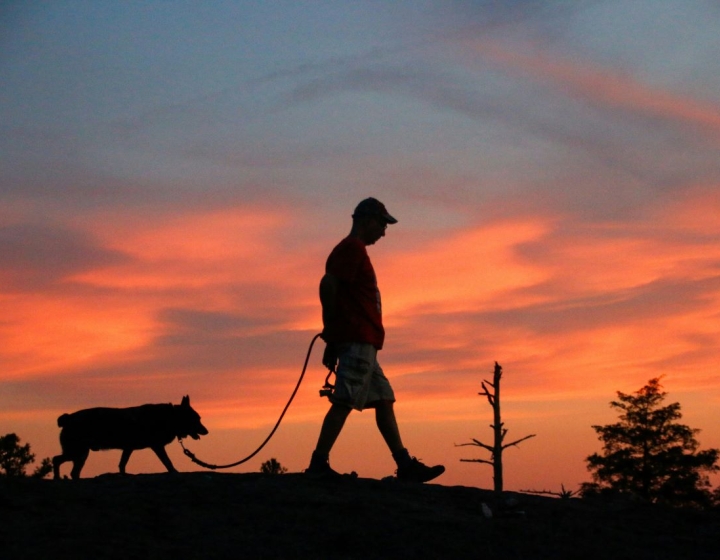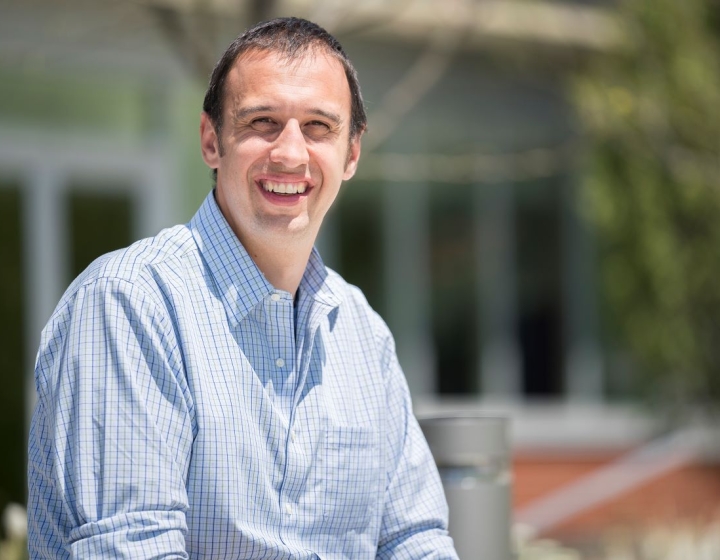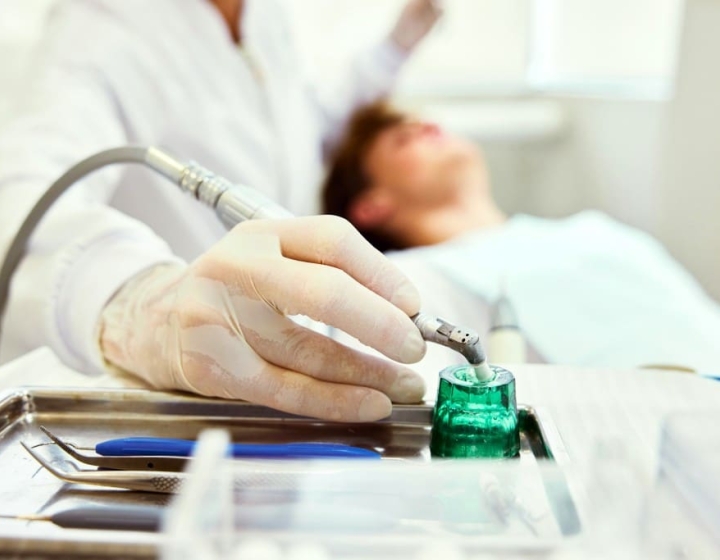Cornell Leadership Program for Veterinary Students: Introducing Damilola Gbore
Every summer, the Cornell Leadership Program for Veterinary Students welcomes a group of veterinary students to the Ithaca campus for 10 weeks to explore professional opportunities related to their science-based career. The Cornell Feline Health Center is proud to provide financial support to one leadership student in the program who shows a dedicated passion and commitment to pursuing research that advances feline health each year.
This year’s recipient is Damilola Gbore, a sixth-year veterinary medical student at the University of Ibadan in Nigeria. Gbore participated in the program and conducted research in the lab of Dr. Gary Whittaker, the James Law Professor of Virology.

Give us a snapshot about who you are. What’s your background?
I am a veterinary medical student at the University of Ibadan, Nigeria, and I’m about to enter the final year of my six-year Doctor of Veterinary Medicine (D.V.M) program at the Faculty of Veterinary Medicine.
I was born and raised in Akure, a city in Ondo State, Southwestern Nigeria, to a family of six, of which I am the youngest of four boys. After completing high school, I went on to enroll in veterinary medicine at one of Nigeria’s foremost universities. My decision to study veterinary medicine was driven by my academic interest in animal biology and the desire to develop skills and knowledge applicable to promoting animal and human health.
What motivated you to apply to the Cornell Leadership Program for Veterinary students?

I first learned about the Leadership program in 2020, when a senior veterinary medical student at my school, who is now a graduate student here at the college, was selected to participate in that year’s edition of the program. This was just about the time I began to realize the possibility of pursuing a career in biomedical research as a veterinarian.
Being more inclined to the scientific aspect of veterinary medicine, I was naturally drawn to opportunities to explore my interests in that field. The Leadership Program for Veterinary Students at Cornell has been on my radar since then, seeing it supports an enriching international exposure at a prestigious research institution specifically for veterinary students. I finally found the confidence to apply to the program during the application period for the 2023 edition.
What have you enjoyed most about being in the program?
I would say the opportunity to have close interaction with a diverse cohort of participating scholars from different veterinary schools around the world is the feature I find most exciting about the program. This has greatly improved my multicultural exposure and provided me with networks from different parts of the world.
It has also been a fulfilling experience meeting many humble and high-achieving faculty and professionals through the program. And of course, I am grateful for the challenging, yet exciting, experience of developing proficiency in career-relevant research techniques while working on my summer research project!
What research have you been working on in the Whittaker Lab?

My research at the Whittaker Lab focuses on Feline Infectious Peritonitis (FIP), a severe disease of cats caused by Feline Coronavirus (FCoV). FIP can be fatal if left untreated, and unfortunately, there is currently no approved medication for its treatment in the United States, despite the country being home to more than 50 million cats. Additionally, the lack of proper understanding of FCoV makes the diagnosis and management of the disease challenging.
At the Whittaker lab, I am studying the pathogenesis and transmission of FCoV, based on a new model of FCoV transmission dynamics developed by the lab from previous findings. My research aims to evaluate this model by using both antemortem samples from cats raised in a multi-cat setting to study the transmission and postmortem samples from a FIP-suspected cat to study the pathogenesis of the virus. The results from these studies will be used to assess the validity of the model or to further improve it.
For the purpose of the study, I have been carrying out molecular biology techniques, including nucleic acid extraction, PCR, Gel electrophoresis, and qRT-PCR on collected samples. Additionally, I perform bioinformatics analysis of DNA sequencing results from samples positive for FCoV. These techniques are useful in helping to detect and characterize FCoV in the samples. I have also been involved in antemortem sample collection from cats for laboratory analysis.
How will this research advance feline health? Are there any related applications to human health?
The model being evaluated in this study, if established, may provide more comprehensive insights into the behavior of the FCoV, hence paving a way for improved diagnostic and clinical outcomes for FCoV-infected cats, and reducing deaths among cats due to FIP as a result.
In addition, FCoV, shares some similarities with other coronaviruses that affect human health like SARS-CoV-2. Therefore, further insights into the behavior and biology of the virus may also help us understand more about other related human viruses, providing knowledge that can be used to investigate them more effectively.
How has the program helped shape your perception of research and other professional careers?
Through this program, I have learned that going through a graduate program will not only give me expertise in a particular field, but also develop the ability to broadly think through and solve scientific problems while also acquiring transferable skills. This is an exciting discovery for me, being an intellectually driven individual. I have also realized more about how my expertise as a veterinarian can be beneficial in various research positions. I believe this understanding will be helpful as I advance in my career and make important professional decisions in the near future.
What would you like to do after you graduate?
After completing my D.V.M program, I will enroll for a Ph.D. in infectious diseases and immunology. I have been intrigued by the immune system, and the way infectious diseases, especially viruses, spread through the mammalian body. I envisage that my future research focus may involve at least one of these fields, or better still, cut across the two, perhaps by studying interaction between viruses and the host immune system. In the end, I want to contribute to the development of newer and more effective diagnostics, drugs, and/or vaccines against viral infections of high importance to the intertwined animal and human health, especially those that are of particular concern in my region.
I also appreciate the impact of mentorship. One of my present and long-term goals is to mentor veterinary medical students, especially those from low- and middle-income countries, who share similar aptitude for science and guide them in their pursuit of a career in research.
Outside of the program, what do you like about the Cornell campus and the Ithaca area?
I admire the quiet and serene atmosphere of the campus during the summer, which suits my preferences. I am also fascinated by the strategic layout (which makes accessibility mostly easy) and amazing architecture of the buildings on the campus. I also find the beauty of the nature in the area captivating, with its numerous waterfalls, vegetation, and deer! My visit to Taughannock Falls on the 4th of July celebration and first time kayaking at Stewart Park with some other scholars among other exciting experiences will always be a memorable one.






